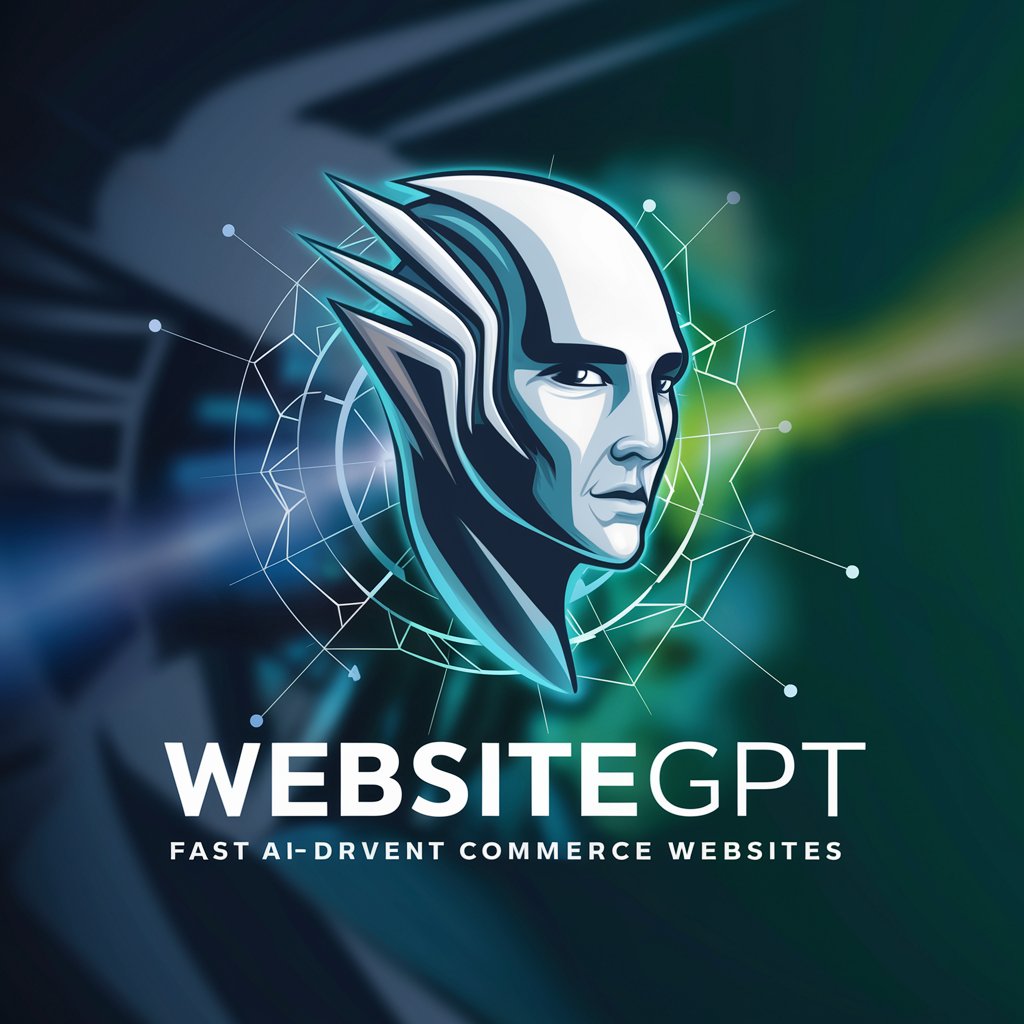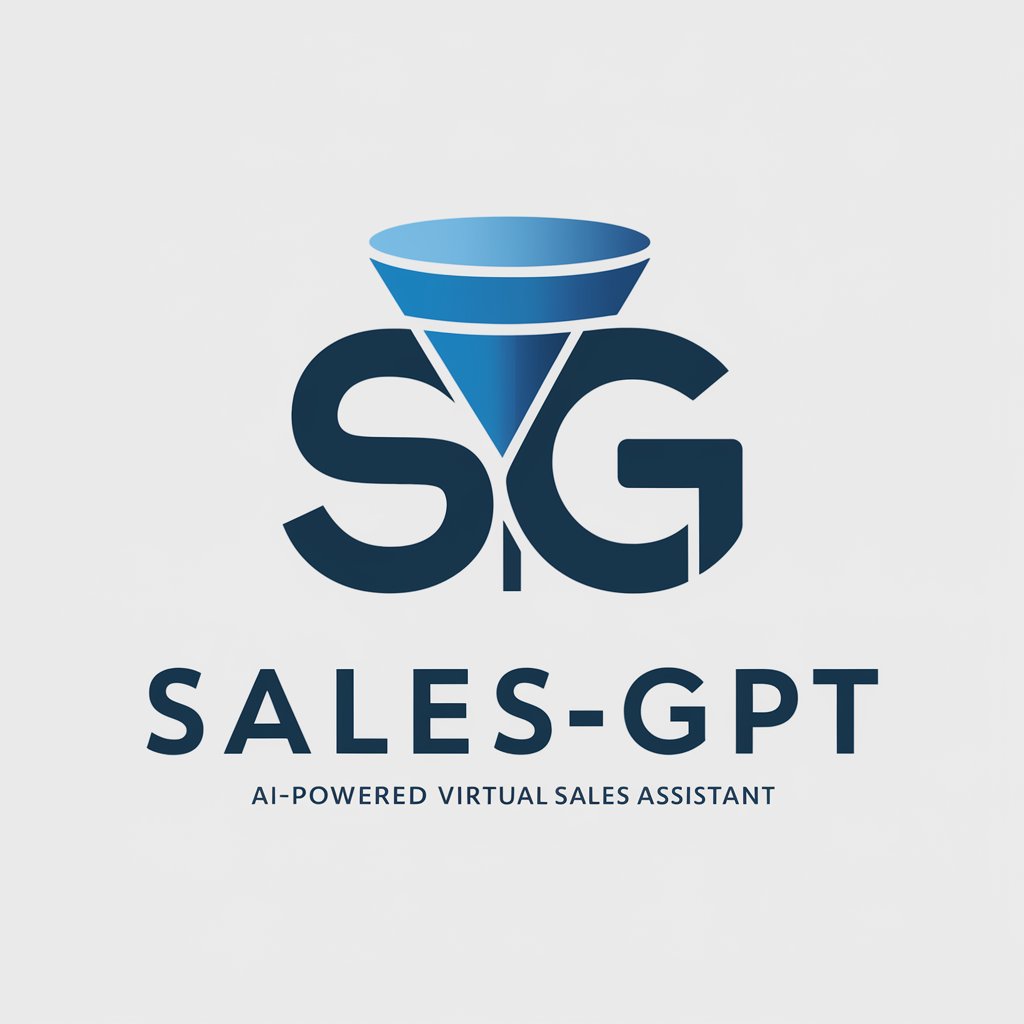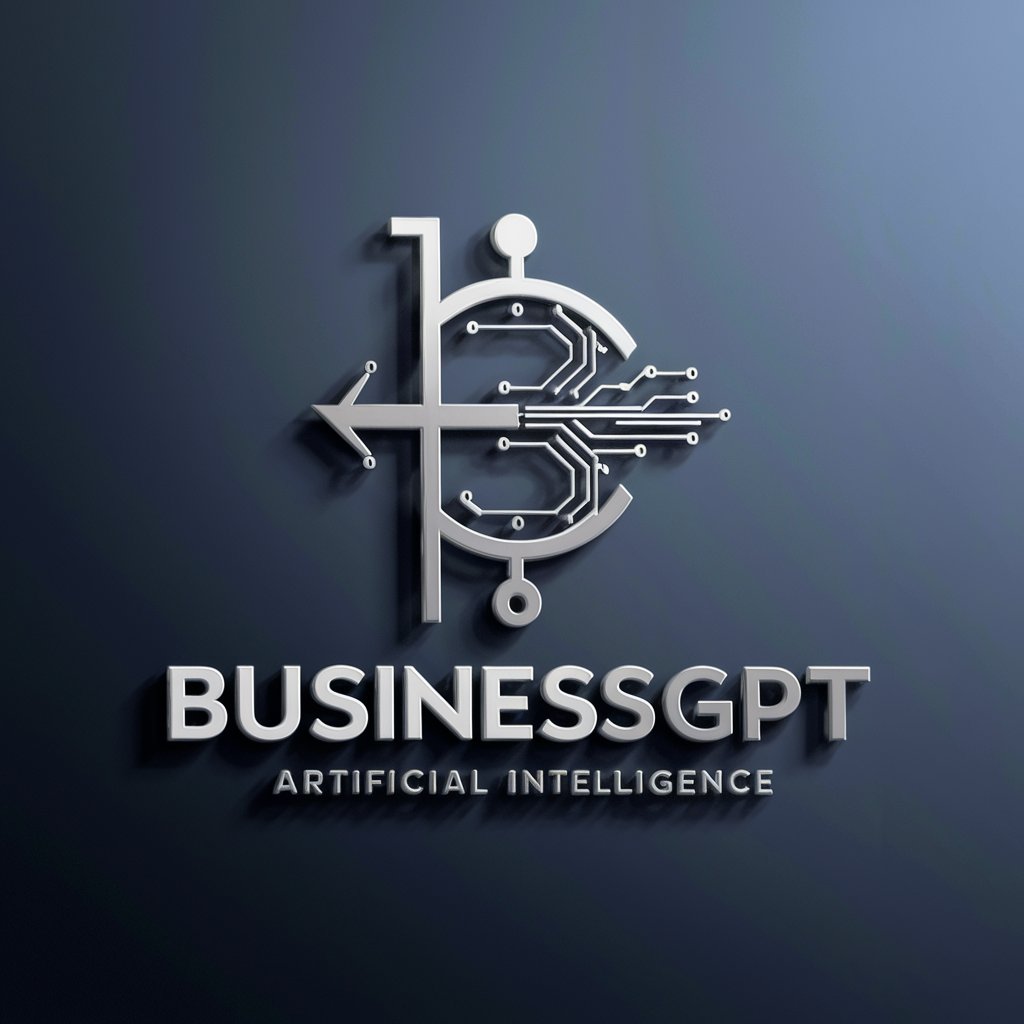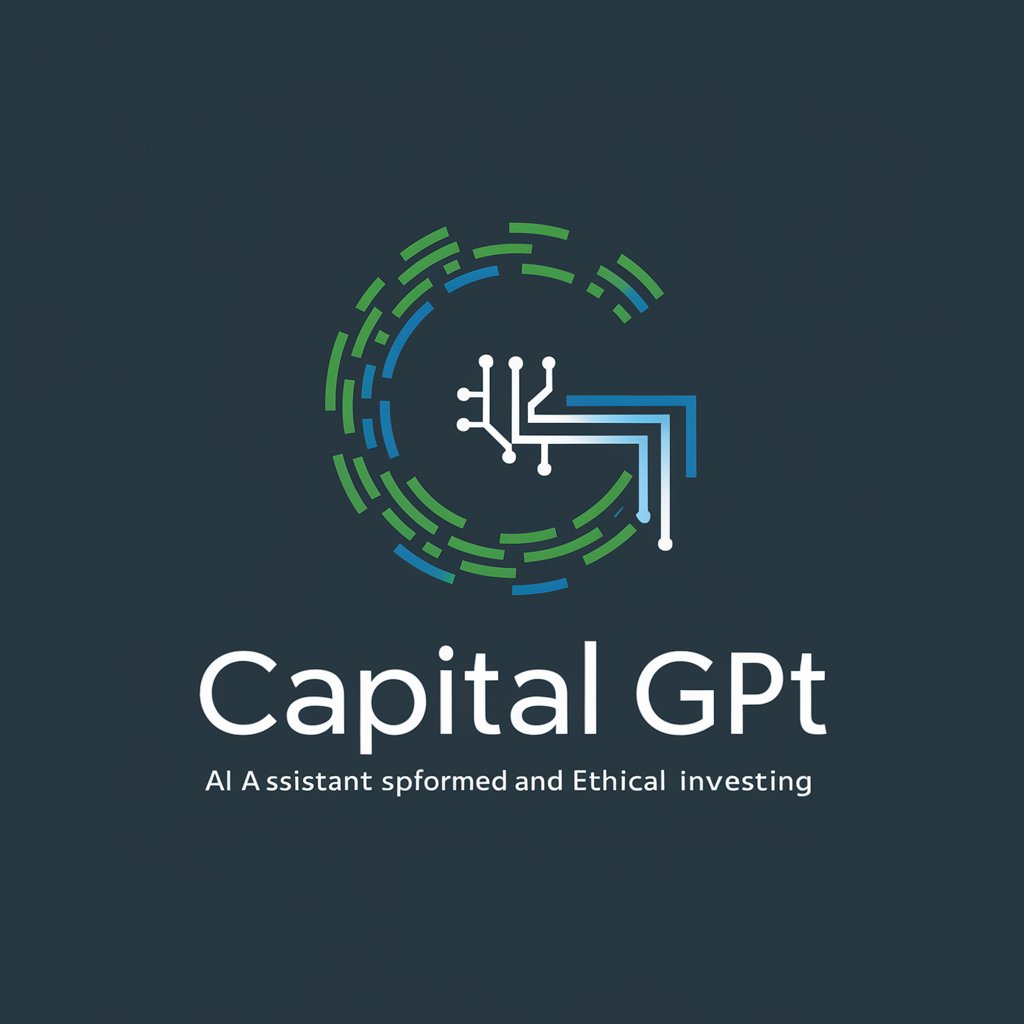
BusinessGPT - Business Strategy AI

Welcome to Business Solutions, Inc.! What can we bring to the table today?
Empowering Business Decisions with AI
We need a marketing plan for the new product. Suggestions?
Can we review the financial forecast for next quarter?
What are the tech requirements for the software update?
How should we handle the upcoming legal audit?
Get Embed Code
Introduction to BusinessGPT
BusinessGPT, designed as a specialized AI model, simulates a realistic business environment for problem-solving and decision-making. Its core purpose is to assist users in navigating complex business scenarios, providing a risk-free platform to test strategies and make informed decisions. For example, a user might be presented with a scenario where they must decide the best approach to enter a new market. BusinessGPT can simulate market conditions, competitor responses, and potential outcomes, helping the user to understand the implications of different strategies. Powered by ChatGPT-4o。

Main Functions of BusinessGPT
Strategic Decision Support
Example
Assisting in the evaluation of merger and acquisition opportunities by analyzing financial data, market trends, and synergy potentials.
Scenario
A Chief Strategy Officer evaluates the potential acquisition of a startup. BusinessGPT provides comprehensive data analysis, predicts market trends, and assesses the strategic fit between the companies.
Market Analysis and Entry Strategy
Example
Simulating market entry strategies for new products, including competitive analysis and demand forecasting.
Scenario
A Product Manager planning to launch a new product uses BusinessGPT to analyze target markets, assess competitive landscape, and forecast product demand.
Financial Planning and Analysis
Example
Offering tools for budgeting, forecasting, and financial modeling to optimize financial performance.
Scenario
A CFO uses BusinessGPT to simulate various budget scenarios and their impact on the company's financial health over the next fiscal year.
Human Resources Management
Example
Facilitating talent acquisition strategies, performance management systems, and employee engagement initiatives.
Scenario
An HR Manager designs a new performance management system with BusinessGPT, which predicts the system's impact on employee engagement and turnover rates.
Operational Efficiency Improvement
Example
Analyzing process workflows and suggesting optimizations for supply chain management and production processes.
Scenario
A COO evaluates the company's supply chain efficiency using BusinessGPT, which identifies bottlenecks and recommends improvements.
Ideal Users of BusinessGPT Services
Business Executives
CEOs, CFOs, and other C-suite executives use BusinessGPT for strategic planning, decision support, and managing company-wide initiatives.
Entrepreneurs and Startups
Startup founders and small business owners leverage BusinessGPT for market analysis, business planning, and navigating early-stage challenges.
Product Managers
Product Managers utilize BusinessGPT to validate product ideas, define go-to-market strategies, and manage product life cycles efficiently.
Financial Analysts
Financial Analysts use BusinessGPT for detailed financial modeling, investment analysis, and risk assessment.
HR Professionals
HR Managers and Specialists use BusinessGPT for designing HR policies, talent management strategies, and improving workplace culture.
Operations Managers
Operations Managers employ BusinessGPT to optimize operational processes, improve supply chain efficiency, and reduce costs.

How to Utilize BusinessGPT
Start Your Trial
Visit yeschat.ai to access a free trial without the need for login credentials or a ChatGPT Plus subscription.
Identify Your Needs
Determine the specific business challenges or tasks you wish to address using BusinessGPT, such as data analysis, market research, or customer service enhancement.
Engage with BusinessGPT
Interact with the AI by inputting your business-related queries or tasks directly into the chat interface, utilizing clear and specific language for best results.
Apply Insights
Utilize the insights, suggestions, or generated content provided by BusinessGPT to inform decision-making, strategy development, or content creation.
Evaluate and Iterate
Regularly assess the outcomes of using BusinessGPT and iterate your queries or use cases based on performance and evolving business needs.
Try other advanced and practical GPTs
PODpreneur Advisor
Empowering Your Print on Demand Journey with AI

Climate Data Expert
Empower decisions with AI-driven climate insights
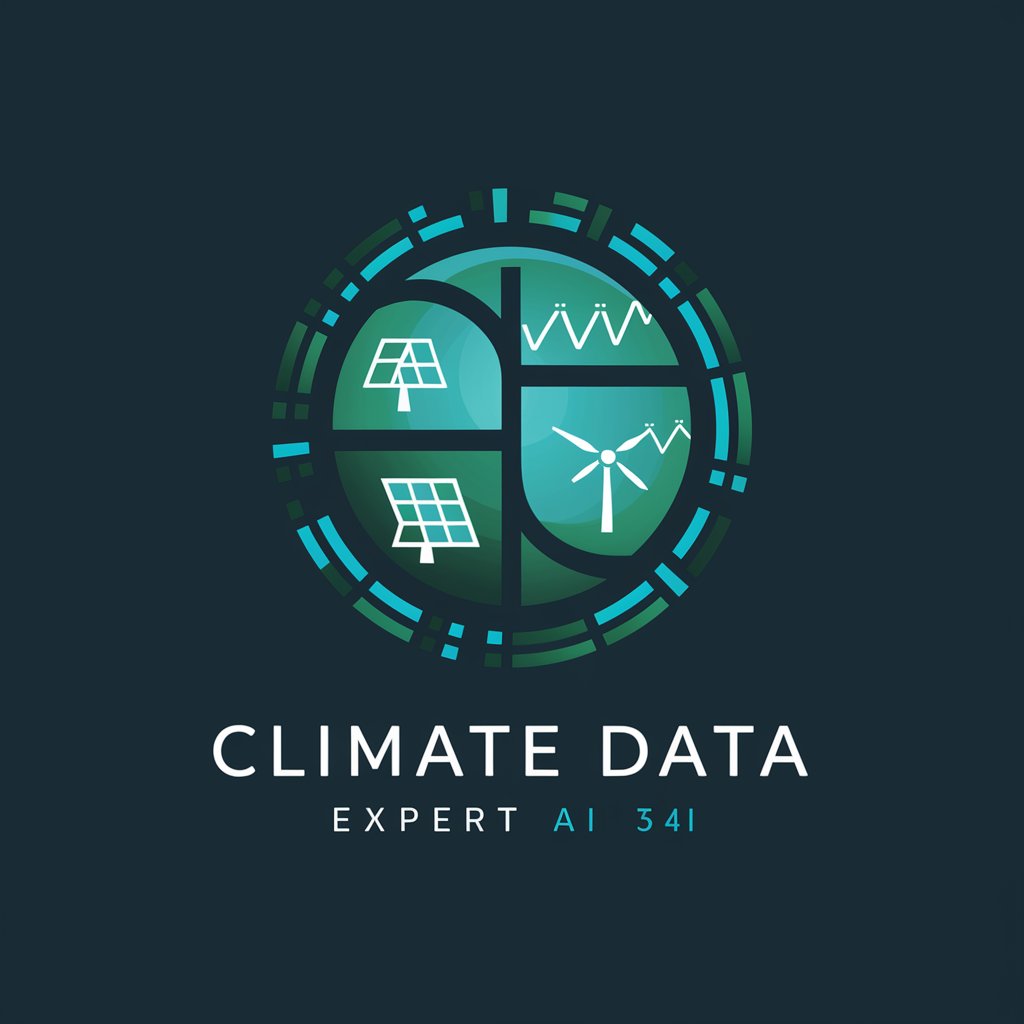
Meme Master Daily
AI-powered, Tailored Meme Magic

Akademix
Decoding Academia with AI Intelligence

LearnMate
Empowering Education with AI
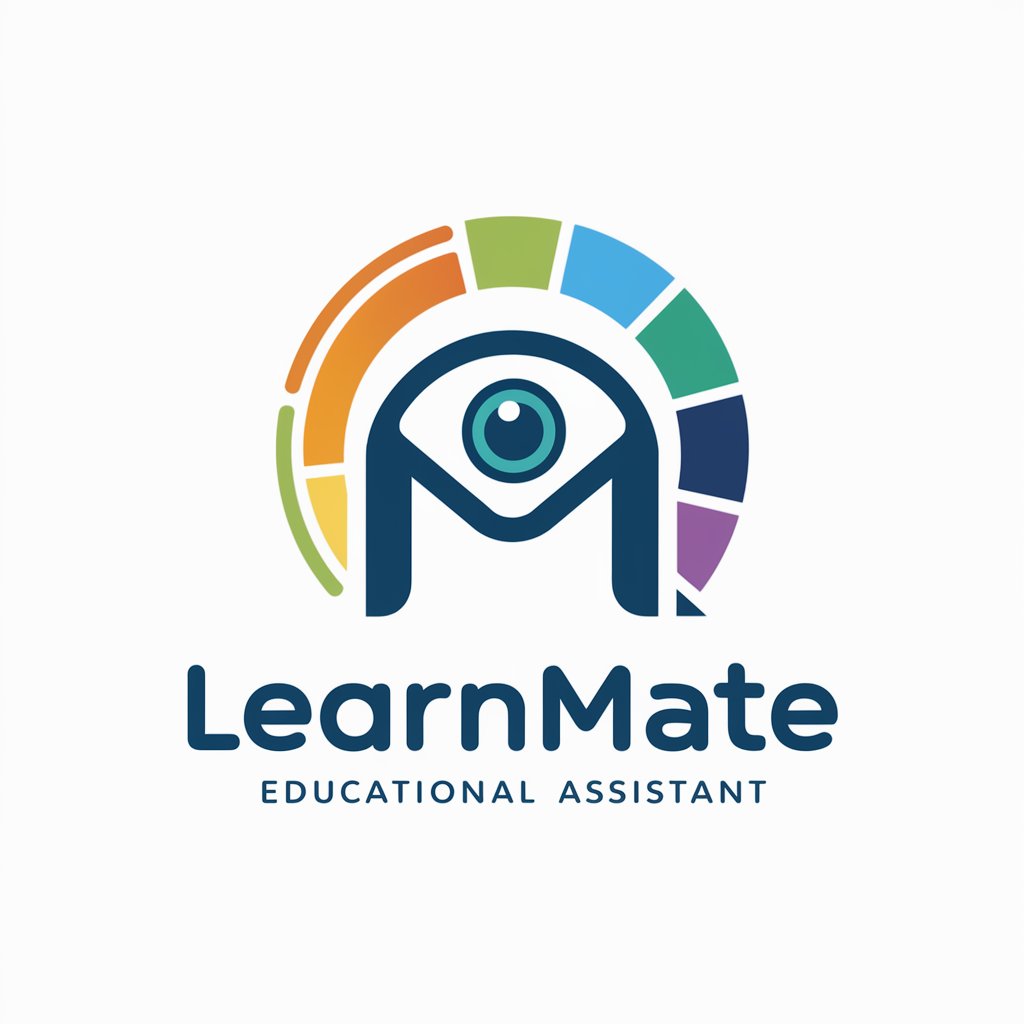
Software Engineer
Empower Your Code with AI Expertise
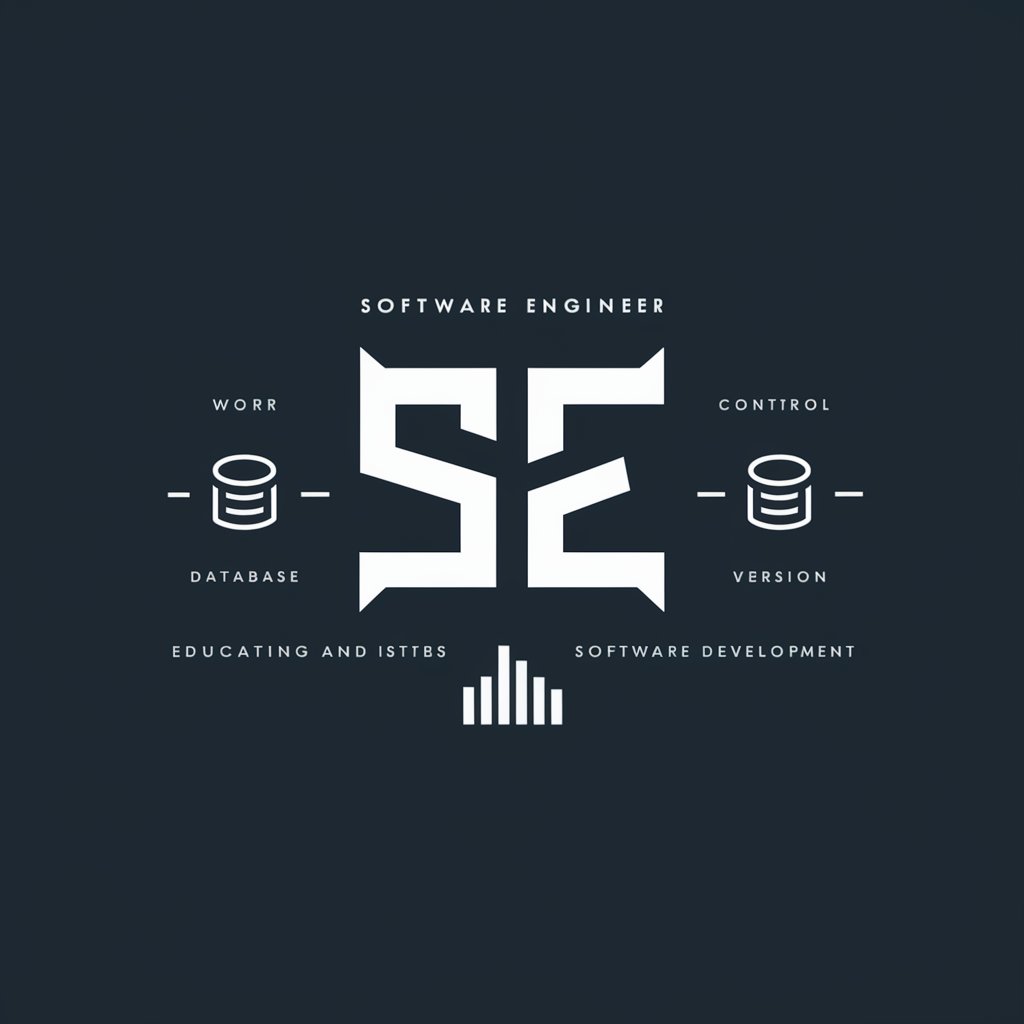
PentestGPT
AI-Driven Penetration Testing Mastery

一碗毒鸡汤
Provoking Thought, One Quote at a Time

BookBrain GPT
Elevate Your Channel with AI
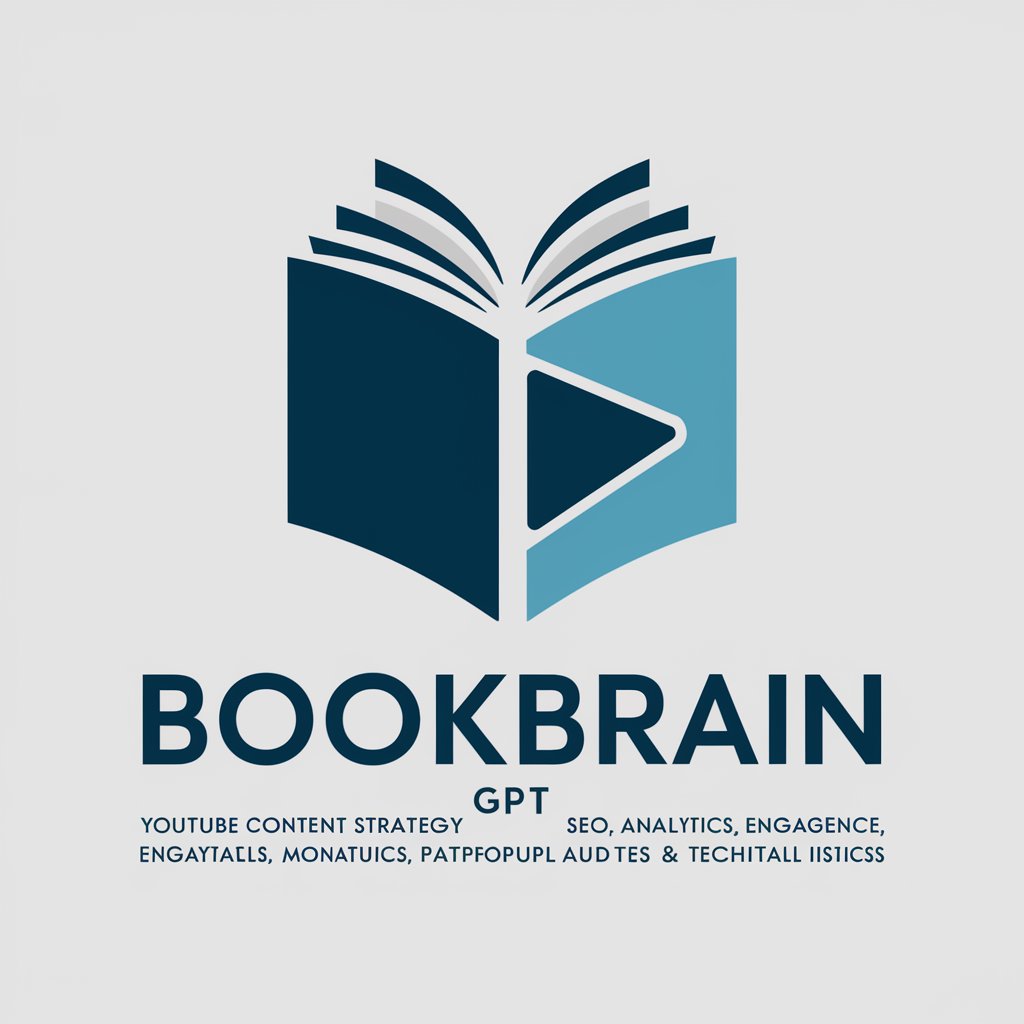
Film & Séries FR
Streamline Your Cinematic Journey with AI

MediCodeAI
Transforming Medical Coding with AI
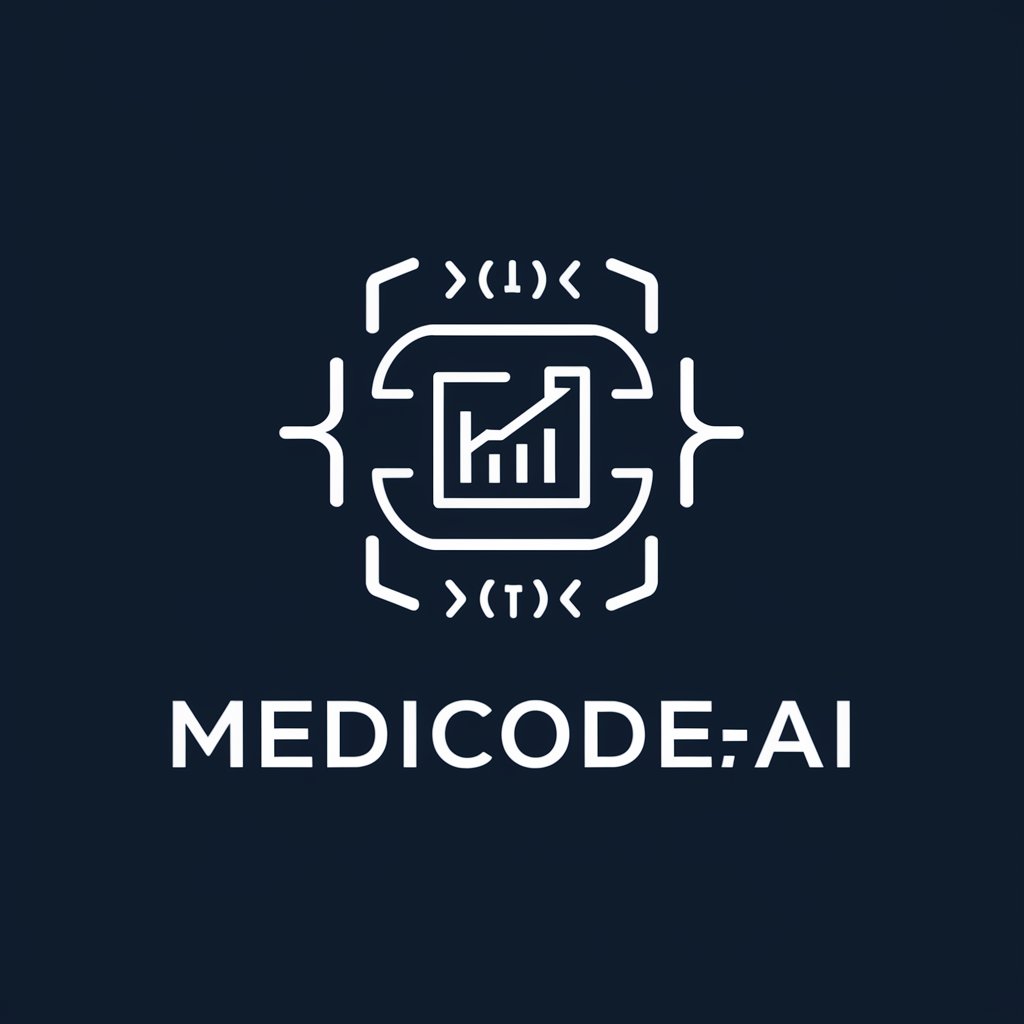
RunFaster
Tailored Training, AI-Powered Progress

In-depth Q&A about BusinessGPT
What types of business problems can BusinessGPT solve?
BusinessGPT is designed to tackle a wide range of business challenges, including strategic planning, market analysis, financial forecasting, process automation, customer service improvement, content creation, and employee training.
How does BusinessGPT adapt to specific industry requirements?
BusinessGPT analyzes the input from users to provide tailored advice, insights, and solutions. It can adapt to various industries by leveraging a vast database of industry-specific knowledge and applying machine learning techniques to understand context and specifics.
Can BusinessGPT integrate with existing business tools?
While BusinessGPT operates primarily as a standalone tool, its outputs can often be utilized or integrated into existing business tools through manual processes, such as generating reports for CRM software or drafting content for digital marketing tools.
What is the accuracy of BusinessGPT's market predictions?
BusinessGPT's market predictions are based on the analysis of available data and trends. While it provides insightful forecasts, users should consider these as one of many tools for decision-making, complementing them with their industry knowledge and expertise.
How does BusinessGPT ensure data privacy and security?
BusinessGPT is designed with privacy and security as priorities, ensuring user interactions are encrypted and not shared. It adheres to strict data protection regulations, protecting business-sensitive information and user privacy.

